Robert F. Kennedy Jr. blasted House Democrats who he said were trying “to censor a censorship hearing” Thursday after 102 of them signed a letter asking him to be disinvited from testifying before the Select Subcommittee on the Weaponization of the Federal Government.
“Many of my fellow Democrats, I’ve spent my life in this party. I’ve devoted my life to the values of this party,” Kennedy, who is challenging President Biden for the 2024 Democratic nomination, told panel members in his opening statement.
“This itself is evidence of the problem that this hearing was convened to address,” he said, holding up the letter against him led by Rep. Debbie Wasserman Schultz (D-Fla.), Rep. Dan Goldman (D-NY) and Rep. Judy Chu (D-Calif.). “This is an attempt to censor a censorship hearing.”
“Censorship is antithetical to our party,” Kennedy added. “It was appalling to my father [former Attorney General Robert F. Kennedy], my uncle [former President John F. Kennedy], [former President] F[ranklin] D[elano] R[oosevelt], [former President] Harry Truman to [former President] Thomas Jefferson.”
Kennedy joined Breitbart News politics editor Emma-Jo Morris, Louisiana special assistant attorney general D. John Sauer and Leadership Conference on Civil and former NYC mayoral candidate Maya Wiley as witnesses before the select subcommittee to testify about the federal government’s efforts to suppress and censor Americans’ speech.
House Democrats asked for Kennedy to be removed as a witness and accused him of having “repeatedly and recently spread vile and dangerous antisemitic and anti-Asian conspiracy theories that tarnish his credibility as a witness” in a Tuesday letter to House Speaker Kevin McCarthy (R-Calif.) and Judiciary Committee Chairman Jim Jordan (R-Ohio).
Del. Stacey Plaskett (D-Virgin Islands) referenced Kennedy’s remarks in her opening statement and noted the longtime activist had also spread conspiracy theories about vaccination.
“This is not the kind of free speech that I know of,” Plaskett said. “Free speech that is protected by the Constitution’s First Amendment. Free speech is not an absolute.”
Kennedy told lawmakers that he knew many of the Democrats who signed the letter against him.
“I don’t believe there’s a single person who signed this letter who believes I’m antisemitic. I do not believe that,” he said, before questioning where censorship would lead.



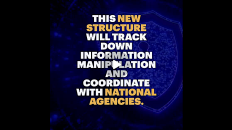
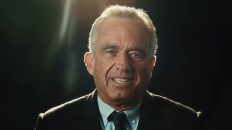
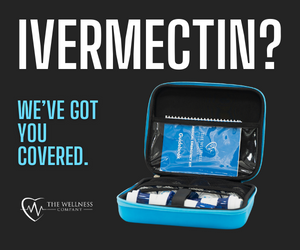
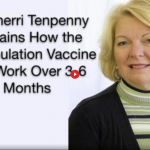
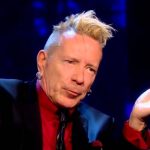

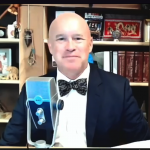

Add comment